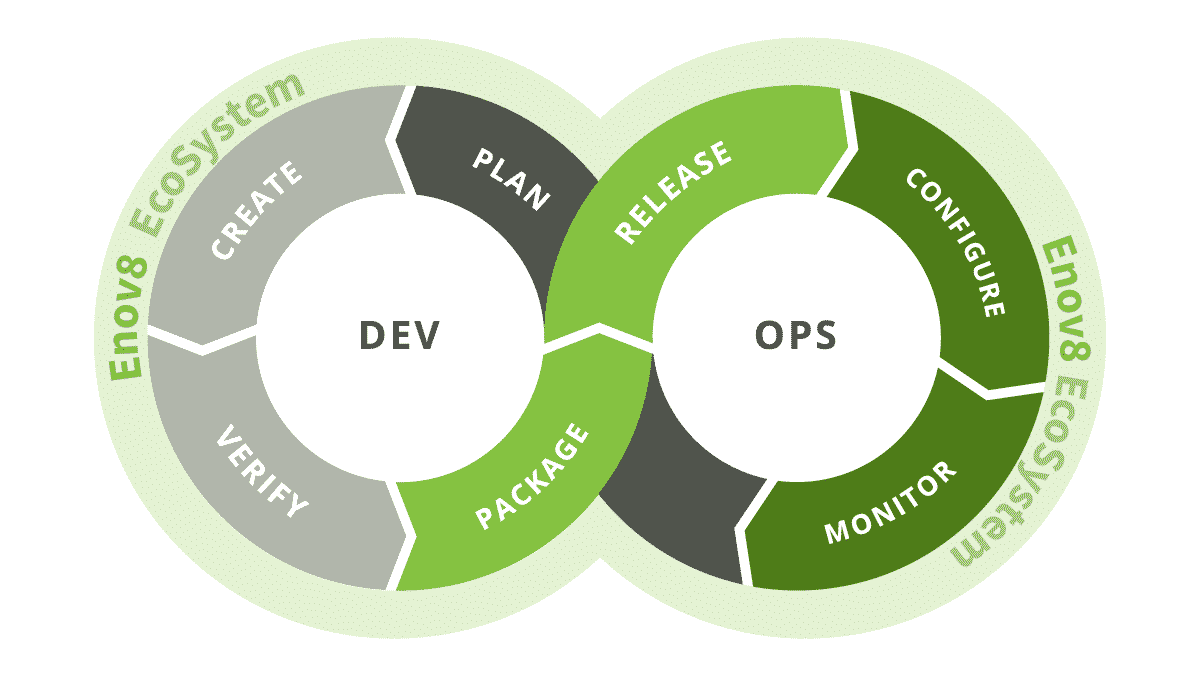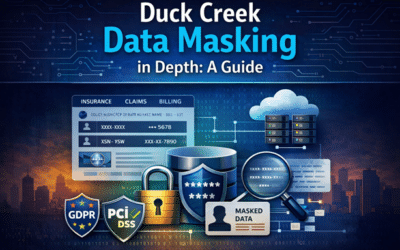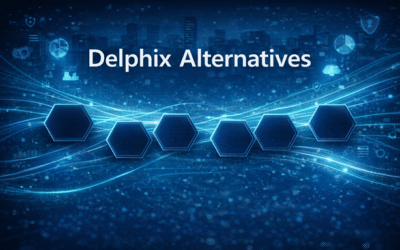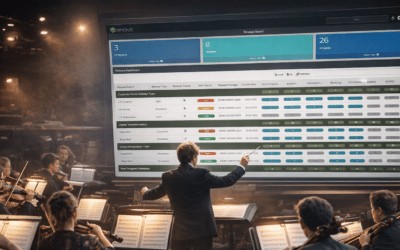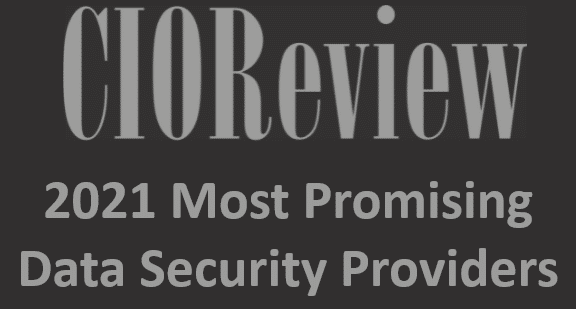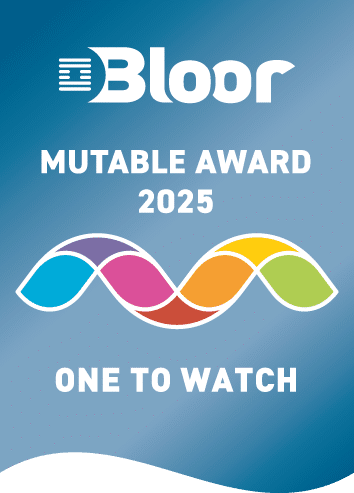How enov8 can help you achieve true DevOps
SEPTEMBER, 2017
by Rohit Gupta
Key Benefits of DevOps
- Faster Software Release
- Quick Issue Resolution
- Improved Communication and collaboration
- Faster delivery of features
- Early Detection and faster correction of defects
- Quality Improvement
Organisations these days are jumping into DevOps bandwagon, with multiple toolsets being used by different teams to achieve the same. There is a huge investment being made in getting new tools & training and at the same time no focus is being given on the use of existing toolset.
Enov8 ecosystem is a unique solution for Environment & Release Management which acts as an umbrella on your existing IT framework and helps in leveraging the existing or new tools to achieve true DevOps at Scale function.
It helps organisations with this by providing the following unique features.
Understanding your environment landscape
The ecosystem platform helps the organisation to visualize how their IT environments look like and the dependencies within each components. It also enables users to understand the dependencies application components have on business process and services. This allows the teams to proactively plan their DevOps setup and measures to manage risks in case of failures.
Increasing Demand View
Ecosystem helps organisations to capture the demand for their various components. This helps them to forecast the areas which can be targeted as high priority for automation, to reduce manual efforts of release and deployment. This view also helps in pro-actively planning and co-ordinating DevOps activities.
Automation & Orchestration
Automation is the heart of achieving the DevOps dream. Ecosystem using automation helps in standardizing Build, Deploy and Test activities, while promoting existing application automation toolsets. It can help in invoking pre-defined automation tasks as per requirements. It also helps organisation to understand which tasks are being done manually and can be automated to reduce time and effort.
Integration
Ecosystem has strong integration and API capabilities which can be used to invoke and integrate with existing or 3rd party applications. Ecosystem acts as an umbrella on top of these applications to leverage the right capabilities. It also helps in standardizing configuration, provisioning & decommissioning activities while promoting existing infrastructure toolsets through seamless integration.
Dashboards & Reporting
Ecosystem helps in moving away from manual spreadsheets, emails and other makeshift methods for reporting, allowing for effective reporting on activity, behaviour, usage & availability. It has inbuilt dashboards and a reporting engine which allows vizualisation of data from different perspectives. Dashboards can be created for stakeholders to provide them a high-level view of the progress or status. Simultaneously, application teams can use dashboards to collaborate and communicate with other teams instead of wasting time writing reports and emails.
Effective Collaboration
Successful team collaboration is one of the key factors for effective DevOps practice. Ecosystem enables teams to collaborate with each other by providing them a platform which gives them visibility of key information required for effective decision making and operations.
To learn how enov8 can help you implementing DevOps at Scale and standardizing your operations, contact us for a demonstration today.
Relevant Articles
A Data Loss Prevention Security Checklist for Enterprise
Companies today are collecting more data than ever and using analytics to influence everything from sales and marketing to research and development. In fact, data is now one of the most valuable assets that a company can own. Yet while data is more important...
Enterprise Architecture Principles: 13 for Resilience
Modern enterprises operate in environments defined by constant change. Cloud adoption, regulatory pressure, cybersecurity threats, distributed teams, and accelerating release cycles all increase the complexity of the IT landscape. In this environment, resilience is no...
Duck Creek Data Masking in Depth: A Guide
Insurance platforms are data-heavy by design. Customer identities, policy records, payment details, underwriting notes, claims histories. In a Duck Creek ecosystem, that data powers critical business processes across policy, billing, and claims. It also creates...
What is a Microservice Catalog? A Detailed Explanation
Microservices have revolutionized the way modern software systems are designed and developed. Breaking down complex applications into smaller, independently deployable services brings numerous benefits in terms of scalability, flexibility, and maintainability....
Delphix Alternatives: 7 to Consider in 2026
If you’re searching for delphix alternatives, you’re likely evaluating your test data management strategy. Delphix is widely recognized for data virtualization and masking, but it is not the only option available. As enterprise environments grow more complex and...
Enterprise Release Manager: A Guide to the Role
Do you want your company to scale efficiently? Look for an enterprise release manager (ERM). An ERM protects and manages the movements of releases in multiple environments. This includes build, test, and production environments. They ensure that there is a proper...
